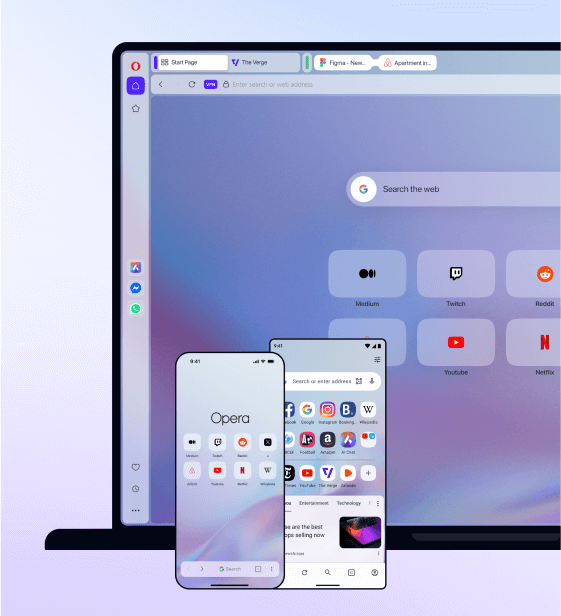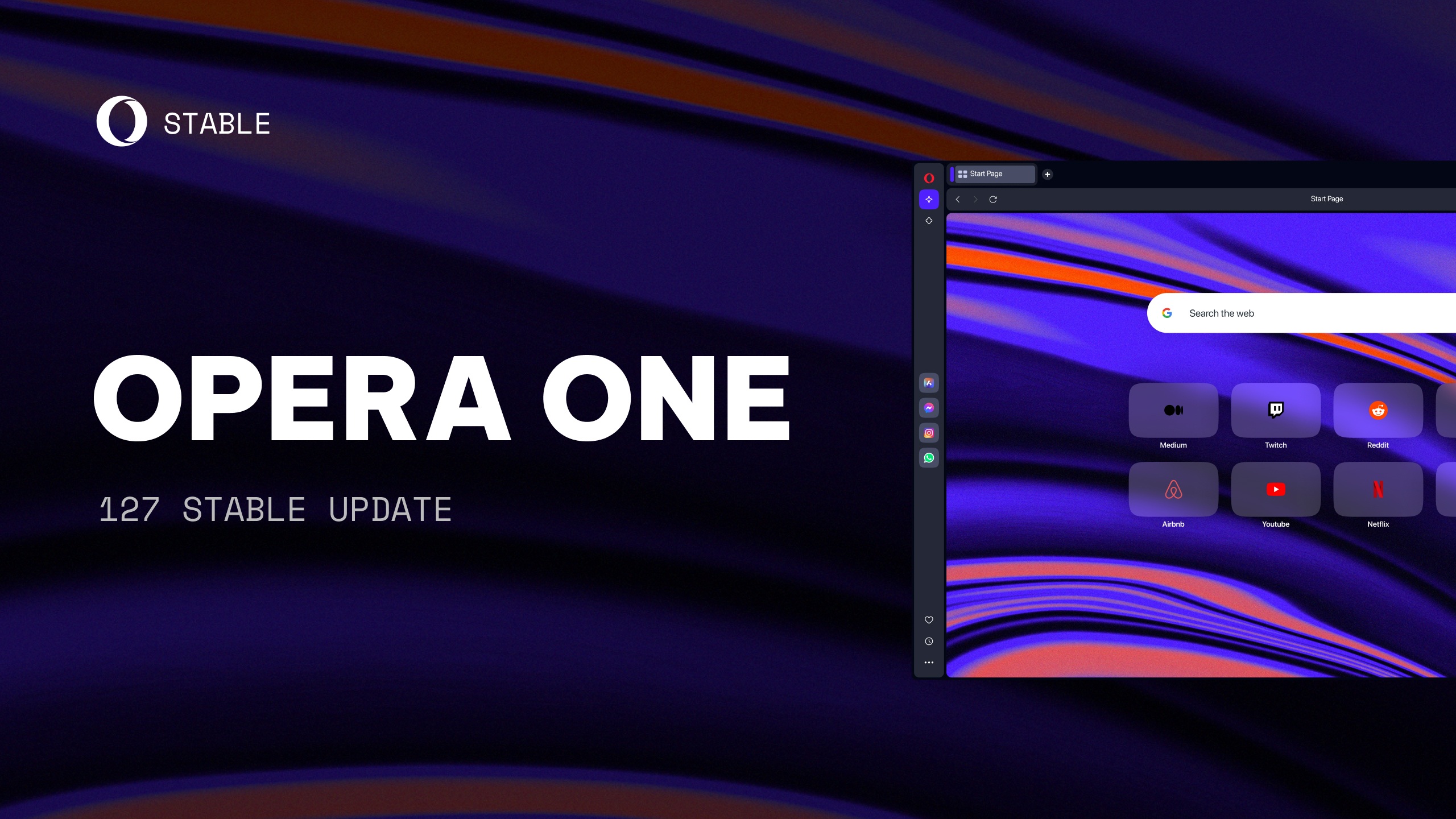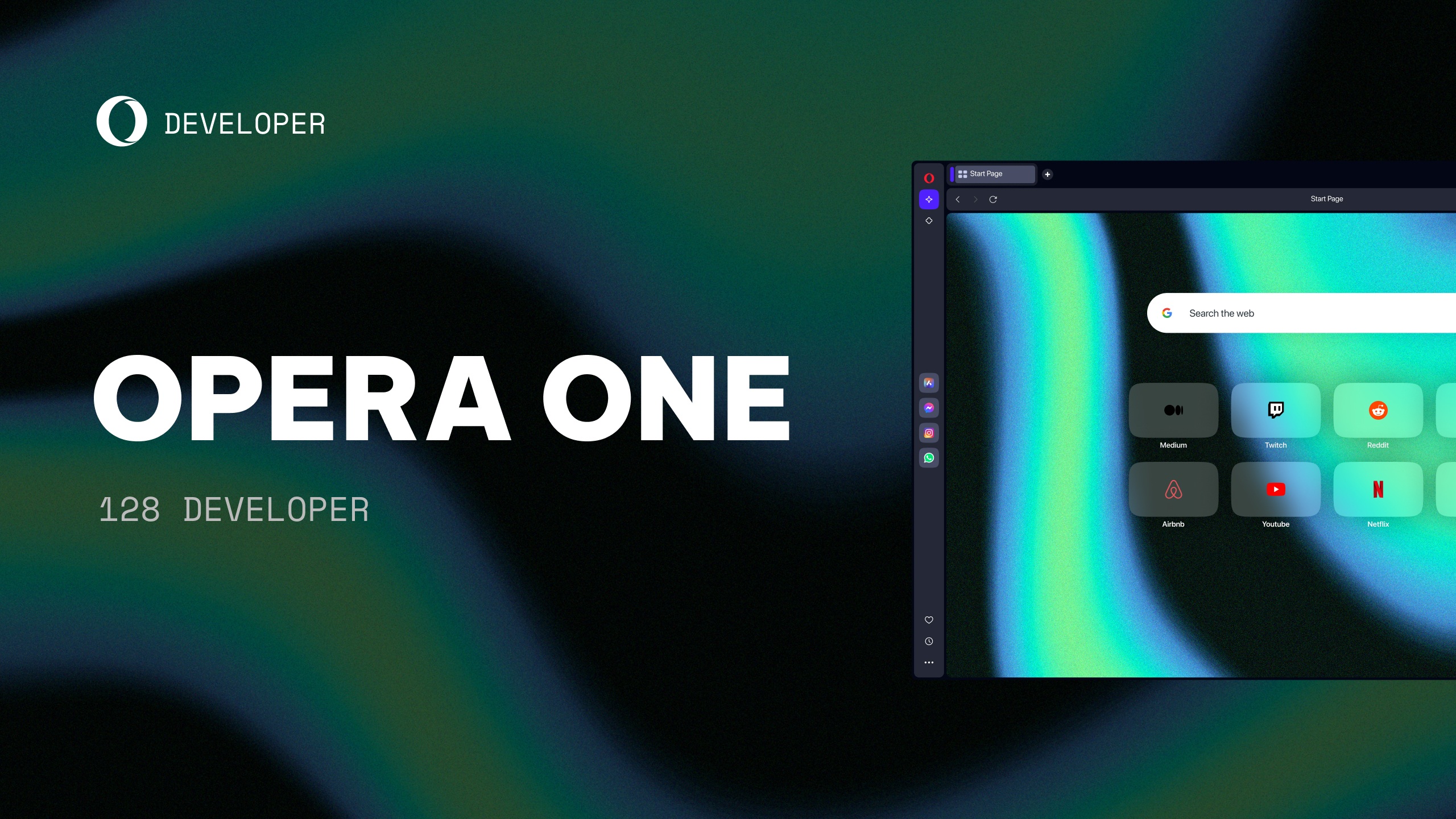Frequently-asked questions about Opera for Linux

After a lot of hard work and testing by regular readers of this blog, the release of Opera 26 marks the return of major updates to our stable Linux browser!
In the run up to this release, a number of you asked questions about installing and running Opera on your Linux desktop. Below, you will find answers to some of the most frequently-asked questions.

Where can I download the latest version of Opera for Linux?
The latest Linux version is available for download from opera.com.
Does Opera for Linux come with all the same features as Opera for Windows and Mac?
Yes, all of the major features found in Opera for Windows and Mac are also available to Linux users, including: Speed Dial, the Discover feature, Opera Turbo, bookmarks and bookmark sharing, themes, extensions and more.
I have Opera 12.16 installed. Why didn’t Opera auto-update to the latest version?
To replace Opera 12.16 with the latest version, search for the opera-stable package in your Software Center. Alternatively, if you prefer the command line, issue the following in a terminal window:
sudo apt-get update
sudo apt-get install opera-stableIf this does not work for you, please read “Is Opera available for my Linux distribution”.
Is Opera available for my Linux distribution?
To provide the best experience, we focused our initial efforts on what we believe to be the most commonly-used desktop distribution, Ubuntu. We provide installation packages that work on recent versions of Ubuntu (and its major derivatives, such a Linux Mint). We also provide an update mechanism, which is auto-configured when Opera is first installed.
However, several distributions provide Opera packages directly, including Arch, Gentoo, PCLinuxOS and Russian Fedora. We are also aware of users running recent versions of Opera on Debian, OpenSUSE, Mageia, Scientific, Slackware. Our license permits re-packaging Opera for use on other distributions. If your distribution does not provide Opera packages, try asking them to consider including it. For the exact details of what is allowed, refer to /usr/share/doc/opera-stable/copyright within the .deb package downloaded from opera.com.
If you maintain packages in a popular repository and decide to make Opera available to others, make sure you carefully track all updates to ensure users of your package remain safe and secure.
More details on third-party packages and how to get Opera running on non-Ubuntu distributions can be found in this unofficial install document on my personal blog.
I used an unofficial package to install Opera and it is broken. Who should I ask about this?
Questions about non-official packages should first be directed to those maintaining them.
Is Opera available for 32-bit Linux?
The latest stable version of Opera for Linux is 64-bit only, based on what most Linux desktop users have installed. However we have developer versions of 32-bit Opera.
Download the latest 32-bit Opera Linux release here.
Will you support more architectures and package types in future?
We’ll keep up with the changes to the Linux landscape and may support more architectures and distributions, if they are deemed appropriate. If you follow the Opera desktop team blog, you will be one of the first to be notified if we make further architectures or package types available.
Why is Opera the only browser that looks correct on my HiDPI monitor?
OK. Nobody asked this! However, Opera does have the best HiDPI support of major Linux browsers, as many, different users have noticed.
The real answer is that we gave HiDPI notebooks to all developers working on the Linux UI, to make sure everything looked just right.
My question hasn’t been answered
If you feel that we didn’t cover something important, you can ask about it in the comments below and we will try our best to address your questions.










